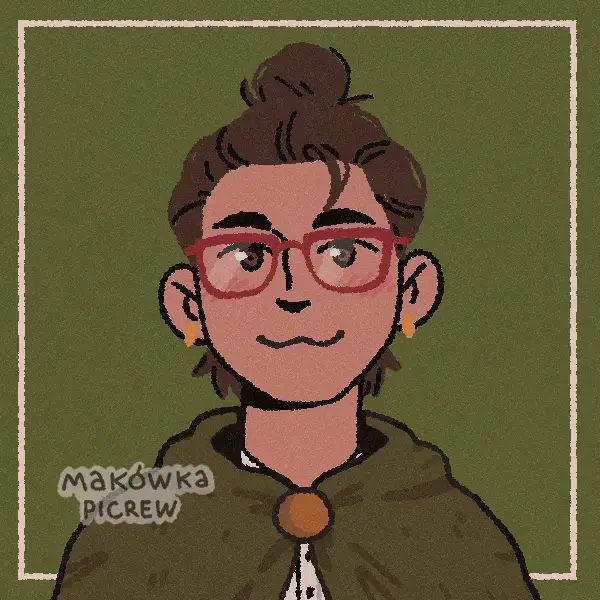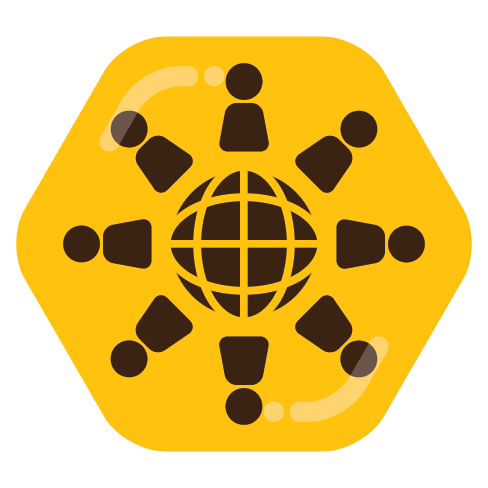Japanese American singer-songwriter Mitski Miyawaki says her identity is made up of “a million selves” that defy categorization — and fans are saying they find inspiration in that.
“I don’t have a self,” Mitski said on the website for her record label. “I have a million selves, and they’re all me, and I inhabit them, and they all live inside me.”
“The Land Is Inhospitable and So Are We,” Mitski’s newest album, released last week by music label Dead Oceans, explores her multitude of selves, she says. Featuring a choir and orchestral arrangements, the album draws from classic Americana imagery such as freight trains, buffalo stampedes and highway cars.
With this album, Mitski is trying to “reconcile all my various identities with being American,” she said in an interview with NPR. “I’m Asian American. I’m half white, half Asian. And so I don’t really fit into either community very well. I am an other in America, even though I am American.”



I haven’t listened to this artist (yet) but the article did resonate with me about feelings that have been brought to the forefront of my attention in the past few years. Particularly after the death of Queen Elizabeth. As people spoke out about what the Queen truly represented to them and their people, all the internalized and disconnected feelings I had been struggling to understand suddenly snapped together.
I am a Guyanese-Canadian. Both my parents came from Guyana and my sister and I were born in Canada. My father passed away before I could form any memories of him. My mom eventually met and married a Canadian with a Scottish background when I was about 8 years old. My first 8 years of school were in schools that were very mixed in a multicultural sense.
That shifted dramatically after I entered highschool where it was half white, half Indian/Pakistani. Where I once felt safe diluted in multiculturalism, I now was unconsciously forced to deal with what it meant to be a brown person in Canada.
My mom was quite young when she and the majority of her family moved to Canada and the United States. My mom had adopted the Canadian way of living more readily compared to her other family as a result. Which meant that I also grew up as a Canadian. She also did not want to return to Guyana after my sister and I were born due to the corruption taking place there. I do not have a sense of what it is to be Guyanese. By blood, I am Guyanese. By culture, I am Canadian and North American. By the end of highschool, I was more confused than ever before. And I only got more confused as time moved forward and I grew older.
The Queen’s death brought a lot of discussion. For many people it was a sad time that saw a notable person with a long history come to an end. For others, it was the death of a person and history that represented colonialism. For me, it was that discussion of colonialism that became the final puzzle piece of understanding why I felt so isolated. Why a brown person who couldn’t truly feel accepted by either white people or brown people.
If you are unaware of the country of Guyana, it is a small, English speaking country in the corner of South America. It is cornered by Venezuela and Brazil. Also in it’s little corner is French Guyana and Suriname (or Dutch Guyana as I like to call it). The history of the Guyana colonies had a lot of back and forth between the British, the French and the Dutch before things settled. A lot of people who came to Guyana came as indentured servitude from India and other parts of the world. You can find black, brown and white Guyanese people.
Today, I don’t really know where my true roots are but my best guess is that originally I am from India. Along the way, some relatives immigrated to Guyana to produce sugar. At some point in time, Canada offered immigration to Canada for Carribean Commonwealth countries and that is when my mom and her family made the move up north.
I had unknowingly been assimilated into whiteness. My histories and cultures slowly stripped away at each generation and I was oblivious to the effects of colonization on my personal life because of this.
Around the time of highschool and getting my first job, the question of who was and where I came from seemed to matter to a lot to people who weren’t me. The question I hated more than anything was “Where are you from?”
Where am I from? That’s easy. Canada. Afterall, I was born here right?
“No, where are you from?”
Canada.
“No, where are you really from?”
Canada. My sister and I were born here.
“Where are your parents from?”
Guyana…
“Oh, so you’re Guyanese!”
But I was born in Canada…?
“But your background is Guyanese, so you’re Guyanese!”
At this point, my mind is attempting to crawl into a hole. Winter snow, block me in, I’m done. But that’s just my interaction with other Canadians.
Indian people would often come up to me and start speaking to me in another language. After a few confused looks and attempts to explain that I only speak English, they would simply turn and walk away. No attempts to speak to me in English. No care or bother for me after finding out I’m not one of them.
And then there are the Guyanese people. They love me when they hear that my background is Guyanese. They then start talking to me as if I had all the knowledge of Guyanese culture. Then they get mad at me for knowing nothing about Guyanese culture. Then they get really upset at me for never visiting Guyana. Then they feel it’s their duty to force feed me Guyanese culture. Then they think something is wrong with me after I reject their culture they are forcing onto me.
These interactions are a pattern. Rarely do they deviate. It does absolutely no good for a person who just wants to feel like they belong somewhere and wants a sense of self. They would not simply accept what I said. In their eyes I am just too young and naive to know that I am actually Guyanese.
Today if you were to ask where I am from, my answer will be “I was born in Canada.”
I’m not proud to be Canadian. Or Guyanese. Or Indian. I was simply born here on this land labeled as Canada.
It’s taken me a long time to understand that I am who I am because of the experiences I’ve experienced. A country does not define me and holds very little value to me these days.
If I should be proud of anything, it’s that I am who I am, and not what others say who I am.
Unfortunately, that’s a road less traveled. I guess that’s why I prefer to travel on that road with like minded people.
Thanks for taking time to share your experience and insight.
Really appreciate you sharing these experiences. This has given me a lot to think about. Thank you.